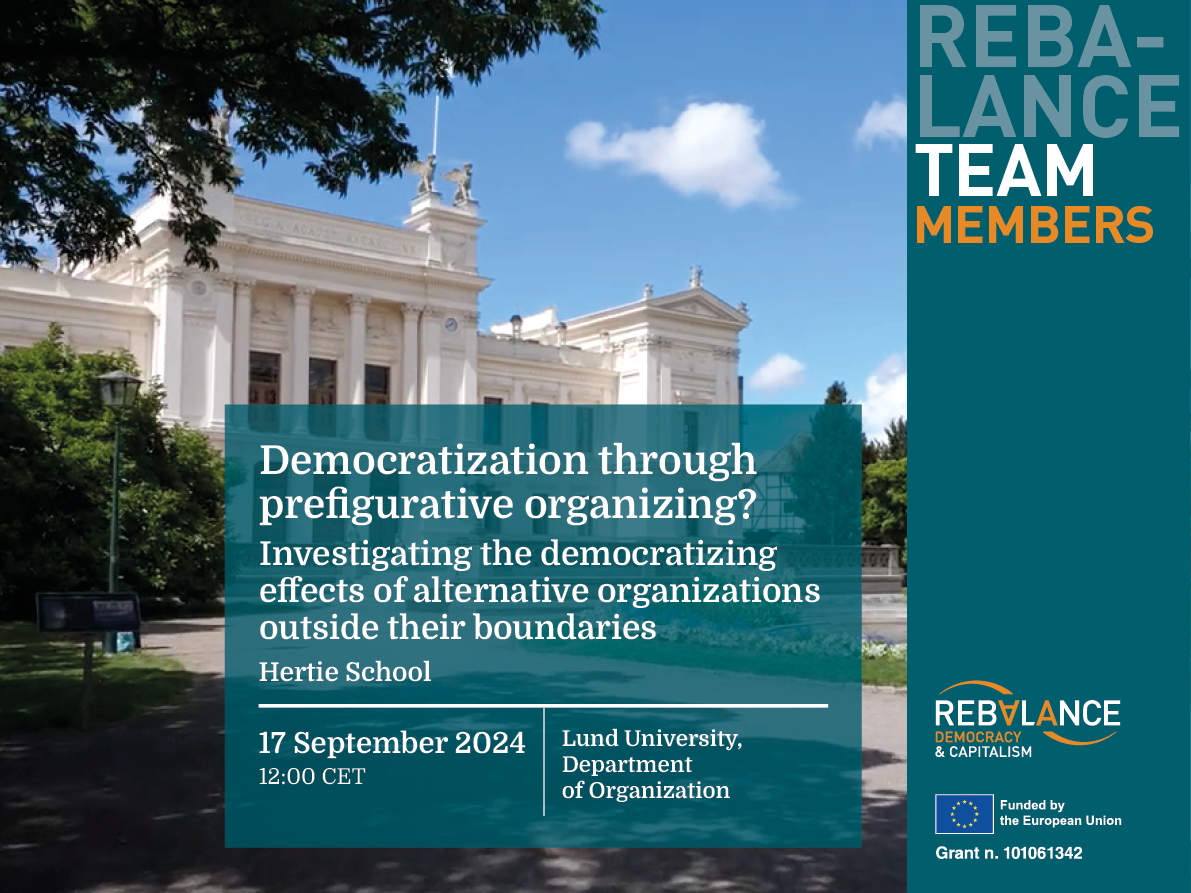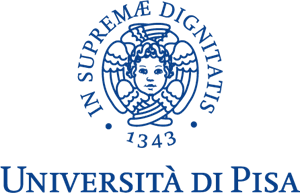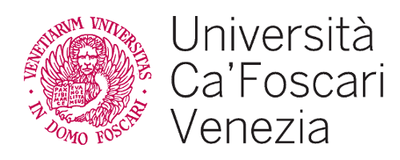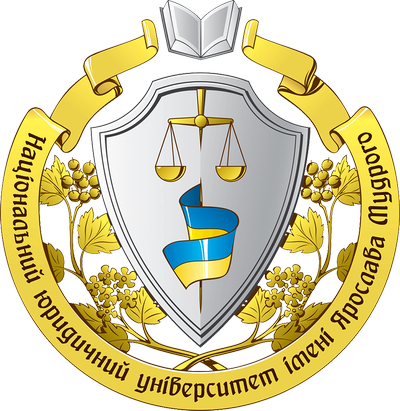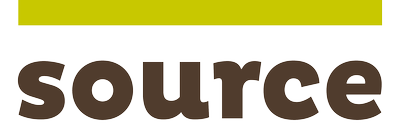Ignas Bruder, postdoctoral researcher at Hertie School (Berlin), will present the research “Democratization through prefigurative organizing? Investigating the democratizing effects of alternative organizations outside their boundaries” at the Lund University.
Abstract
Liberal democracies are under growing threat in different parts of the world. Corporations play an ambivalent role regarding this threat, since their unilateral focus on the profit-motive makes them susceptible to doing business that might threaten democratic institutions and processes, thereby reproducing a form of capitalism that is less compatible with democracy. On the contrary, alternative organizations engage in prefigurative organizing within the economy by practicing ways of economic organizing that try to overcome capitalism’s multi-faceted pitfalls. Often, these alternative organizations rely on democratic modes of organizing and thus have the potential to strengthen democracy from within the economy.
However, the limits and potentials of the democratic dimension of prefigurative organizing for change outside the boundaries of alternative organizations remain unclear. Whereas prior research has produced impressive accounts of the internal democratic organizing of alternative organizations, we know little about how different elements that constitute democratic organizing travel across organizational boundaries. Thus, we ask the following research question: How does prefigurative organizing drawing from democratic principles within alternative organizations shape how they interact with key stakeholders, such as collaborating organizations or the communities in which they are situated? To answer this question, we engage in a comparative case study of alternative organizations with prefigurative ambitions in the German food system. Following an understanding of alternative organization as a freedom-seeking delimitation from the mainstream, we research two alternative organizations in the food system based on participant observations and interviews over time. Whereas both of our cases share a prefigurative ambition and an application of democratic principles in organizing, they differ in terms of their position in the food system (upstream vs. downstream) and the centrality of democracy to their organizational purpose (central vs. peripheral).
A preliminary finding from this ongoing research project indicates how alternative organizations struggle with for-profit organizations to establish democratic principles (in this case transparency) beyond the boundaries of the alternative organization. We show how, despite such struggles, it is possible to establish democratic principles also in realms that are controlled by for-profits, thereby helping to strengthen the principles necessary for the reproduction of democracy, not just within organizations, but also more broadly beyond the boundaries of organizations. As our research unfolds, we intend to generate further insights into how exactly prefigurative organizing contributes to the spread and reproduction of democratic principles beyond their own boundaries, where points of resistance are, how they are articulated, and potentially how they can be overcome. With this paper we aim to contribute to research on alternative organizations by clarifying the extent to which democratic organizing, as a central characteristic of alternative organizations, has the potential to be a lever for a wider transformation beyond the boundaries of alternative organizations. Furthermore, we intend to contribute to the study of democracy in organization studies by clarifying the ways that let democratic practices travel and the boundaries that inhibit them from doing so. In sum, very broadly, we attempt at answering the question: how does alternative organizing prefigure democracy?
